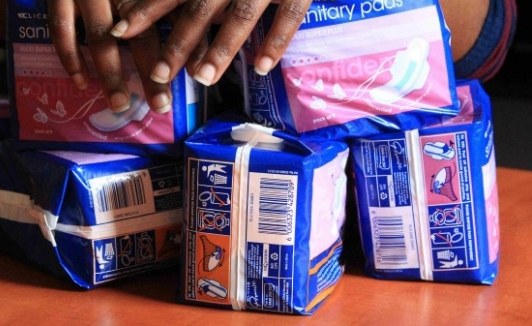About 72% of schoolgirls in rural areas do not use commercial sanitary wear, resorting to unhygienic means, while 62% miss school every month while menstruating, an official has said.
Pepukai Chivore, Parliament’s budget office director, told a stakeholders meeting on gender sensitivity in the education budget jointly organised by Education Coalition of Zimbabwe and Plan International, that there was need to respect provisions of the Education Amendment Act.
“We call for supply of safe water and latrines at schools in line with the requirements of section 4 of the Education Amendment Act on provision of other menstrual health facilities to girls in all schools to promote menstrual health,” Chivore said.
He decried the fact that many girls drop out of school at the onset of menstruation partly because there are no friendly facilities.
Women constitute 60% of the illiterate adult population as the school dropout rate, particularly among female students, is still high.
“Sanitary wear programmes should be expanded to poor localities in urban areas.
“Expedite the finalisation of the draft schools financing policy,” Chivore said.
“This allows multi-stakeholder partnerships in education financing through bringing in other players including the private sector, philanthropic organisations and foundations.”
Primary and Secondary Education ministry spokesperson Taungana Ndoro said funding was being availed for the sanitary wear programme in schools.
Ndoro, however, urged parents to play their role of providing for their children and not to solely rely on government.
“As government, we have funds for sanitary wear, but it cannot be enough,” he said.
“We are rolling out the programme first to the rural areas, then deserving urban areas later on.”
“Let me reiterate that parents need to take responsibility for their children’s needs.
“They should provide to assist government’s efforts,” he said.
Zimbabwe has joined other African countries like South Africa, Botswana, Lesotho, Zambia and Kenya in providing free sanitary towels to schoolgirls, who cannot afford to buy their own.
